Common FAQs about Solar Energy for RVs, Answered
Top-Rated Solar Energy Systems to Power Your RV Adventures
How does a solar energy system for RVs work?
Are you ready to harness the power of the sun to fuel your RV adventures? A solar energy system for RVs can provide you with a sustainable and reliable source of electricity, allowing you to enjoy all the comforts of home while on the road. In this article, we will demystify the workings of a solar energy system for RVs, from capturing sunlight to storing electricity. Let’s dive in!
Solar Panels: Capturing Sunlight
At the heart of a solar energy system for RVs are the solar panels. These panels are made up of photovoltaic cells that convert sunlight into electricity. Here’s how it works:
- As sunlight hits the solar panels, the photovoltaic cells absorb photons, which are particles of light.
- The absorbed photons excite the electrons in the cells, causing them to move and generate an electric current.
- This electric current is then channeled through wiring that connects the solar panels to the rest of the system.
Solar Charge Controller: Regulating the Flow
To ensure that the solar energy system operates efficiently and protects the batteries from overcharging, a solar charge controller is employed. This device regulates the flow of electricity from the solar panels to the batteries. Here’s what it does:
- The solar charge controller constantly monitors the voltage of the batteries and the incoming solar power.
- When the batteries are fully charged, the controller prevents further charging by diverting excess electricity away from the batteries.
- In cases where the batteries are not fully charged, the controller allows the maximum amount of solar power to flow into the batteries for efficient charging.
Battery Bank: Storing Electricity
The electricity generated by the solar panels needs to be stored for later use, especially during periods of low sunlight or at night. This is where the battery bank comes into play. Here’s how it works:
- The electricity from the solar panels is stored in a bank of deep-cycle batteries designed for RV use.
- These batteries are specifically designed to provide a steady supply of power over an extended period.
- The stored electricity can be used to power various appliances and devices in your RV, such as lights, refrigerators, and entertainment systems.
Inverter: Converting DC to AC
While many RV appliances and devices run on direct current (DC) power, there are some that require alternating current (AC) power. To make the stored electricity usable for these devices, an inverter is used. Here’s what it does:
- The inverter converts the DC power from the battery bank into AC power that is compatible with standard RV appliances and devices.
- This allows you to power devices like laptops, TVs, and kitchen appliances that require AC power.
- The inverter ensures that you can use a wide range of devices in your RV without compromising on convenience or functionality.
Benefits of a Solar Energy System for RVs
Now that we’ve explored the inner workings of a solar energy system for RVs, let’s highlight some of the key benefits:
- Sustainability: By using the power of the sun, you reduce your reliance on fossil fuels and minimize your carbon footprint.
- Cost Savings: With a solar energy system, you can significantly reduce or even eliminate your reliance on traditional electricity sources, saving you money in the long run.
- Independence: A solar energy system gives you the freedom to explore remote areas without worrying about access to electrical hookups.
- Quiet and Clean: Solar energy systems operate silently and produce no emissions, providing a peaceful and environmentally friendly power source for your RV.
In conclusion, a solar energy system for RVs harnesses the power of the sun to provide you with a sustainable and reliable source of electricity while on the road. By capturing sunlight with solar panels, regulating the flow with a solar charge controller, storing electricity in a battery bank, and converting DC power to AC power with an inverter, you can enjoy the benefits of clean, cost-effective, and independent energy for all your RV adventures.
What are the benefits of using solar energy for RVs?
In recent years, more and more RV enthusiasts are turning to solar energy as a reliable and sustainable power source for their adventures. This shift is driven by the numerous benefits that solar energy offers. From cost savings to environmental advantages, using solar energy in your RV can revolutionize your camping experience. In this article, we will explore the key advantages of harnessing solar power for your RV, allowing you to make an informed decision for your next outdoor excursion.
1. Cost Savings
When you utilize solar energy to power your RV, you can significantly reduce or even eliminate your reliance on traditional power sources. This translates into substantial cost savings over time. Let’s take a closer look at how solar energy can save you money:
- Reduced fuel costs: Traditional generators require fuel, which can be expensive, especially during longer trips. By harnessing solar power, you can minimize or eliminate the need to refuel your generator, resulting in significant fuel cost savings.
- Lower maintenance expenses: Solar panels require minimal maintenance, reducing the need for expensive repairs or replacements that are common with other power sources.
- Long-term investment: While the initial cost of installing solar panels might seem high, it is a long-term investment that pays off over time. As you generate your own electricity, you can save on campground fees, as many RV parks charge extra for electrical hookups.
2. Environmental Benefits
Using solar energy in your RV not only benefits your wallet but also the environment. Here are some of the environmental advantages of going solar:
- Reduced carbon footprint: Solar energy is clean and renewable, producing zero greenhouse gas emissions. By powering your RV with solar energy, you contribute to reducing carbon dioxide emissions and combatting climate change.
- Preserving nature: Traditional power sources often rely on fossil fuels, which have a detrimental impact on the environment. By switching to solar energy, you help preserve our natural resources and protect the pristine landscapes you love to explore.
3. Off-Grid Camping Freedom
One of the most significant advantages of using solar energy in your RV is the freedom it provides for off-grid camping. Here’s why solar power enhances your camping experience:
- Unlimited power supply: Solar panels can generate electricity even in remote locations without access to traditional power sources. This means you can camp in secluded areas, national parks, or off-grid campsites without worrying about running out of power.
- Quiet operation: Unlike traditional generators that can be noisy and disturb the tranquility of nature, solar panels operate silently, allowing you to enjoy the peace and serenity of your surroundings.
- Added convenience: Solar energy provides you with the convenience of having power wherever you go. You can charge your devices, run your appliances, and even power your air conditioning system without relying on external power sources.
What size solar energy system do I need for my RV?
Determining the right size of a solar energy system for your RV is crucial. Having a solar setup that meets your energy needs can enhance your camping experience and provide you with the freedom to explore off-grid locations without worrying about running out of power. In this blog post, we will provide you with guidance on calculating your energy needs and help you understand the factors that should be considered when determining the size of your solar energy system.
Calculating Your Energy Needs
To determine the size of the solar energy system you need for your RV, it’s important to first understand your energy consumption requirements. Start by making a list of all the appliances and devices you typically use in your RV, along with their power ratings. This information can usually be found on the back or bottom of the devices, or in their user manuals.
Once you have the power ratings for each appliance and device, estimate the number of hours you use them on a typical day. Multiply the power rating by the number of hours of daily use to calculate the daily energy consumption for each item. Add up the daily energy consumption for all your appliances and devices to get a total energy consumption figure.
Considering Factors That Affect Energy Consumption
While calculating your energy needs, it’s important to consider factors that may affect your energy consumption. These factors include:
1. Travel habits
Your travel habits play a significant role in determining your energy consumption. If you spend most of your time off-grid, enjoying nature in remote locations, you may need a larger solar energy system to compensate for the lack of electrical hookups. On the other hand, if you tend to stay at campgrounds with electrical hookups, you may not need as large of a solar energy system.
2. Appliances and devices
The type and power requirements of the appliances and devices you use in your RV also influence your energy consumption. For example, running a high-powered air conditioner or microwave will require a larger solar energy system compared to running energy-efficient LED lights or charging small electronic devices.
3. Sunlight availability
The amount of sunlight available in the camping locations you frequent is a crucial factor in determining the size of your solar energy system. If you frequently camp in areas with abundant sunlight, you may be able to get by with a smaller solar energy system. However, if you often find yourself in shaded areas or regions with limited sunlight, you will need a larger solar energy system to compensate for the reduced energy generation.
Choosing the Right Size Solar Energy System
Once you have calculated your energy needs and considered the factors mentioned above, you can choose the right size solar energy system for your RV. It’s important to note that manufacturers usually rate solar panels in watts, while RV battery capacity is typically measured in amp-hours (Ah).
To ensure compatibility between your solar panels and batteries, you can use the following formula:
Required solar panel wattage = Daily energy consumption (in watt-hours) / Average daily sun hours
Divide your daily energy consumption (in watt-hours) by the average number of sun hours you typically receive in a day at your camping locations. This will give you an estimate of the required solar panel wattage.
Are solar panels easy to install and maintain?
Solar panels are a fantastic option for powering your RV, providing clean and sustainable energy while allowing you to enjoy off-grid adventures. However, many people have concerns about the installation and maintenance process for these panels. In this blog section, we will address these common concerns and provide you with all the information you need to confidently install and maintain solar panels for your RV.
Installation Process
Installing solar panels on your RV may seem like a daunting task, but it is actually quite straightforward. Here are the main steps involved in the installation process:
- Assess your power needs: Determine how much power you require and choose the appropriate solar panel system to meet your needs. Consider factors such as the number of appliances you plan to run and the duration of your trips.
- Select the right mounting option: There are different mounting options available, such as roof-mounted or portable solar panels. Choose the option that suits your RV and travel style best.
- Secure the panels: Install the mounting brackets or racks onto your RV’s roof, ensuring they are securely fastened. Then, attach the solar panels to the brackets or racks using the provided hardware.
- Connect the panels: Connect the solar panels to the charge controller using appropriate cables and connectors. The charge controller prevents overcharging of your RV’s battery.
- Connect the battery: Connect the charge controller to your RV’s battery bank, ensuring all connections are secure. This allows the solar panels to charge your batteries.
- Test the system: Once the installation is complete, test the system to ensure everything is working correctly. Monitor the battery charging status and verify that all appliances are receiving power.
Remember, it’s always a good idea to consult the installation manual provided by the manufacturer for detailed instructions specific to your solar panel system.
Maintenance Tips
Proper maintenance is essential to keep your solar panels operating efficiently and prolong their lifespan. Here are some maintenance tips to ensure optimal performance:
- Regular cleaning: Clean your solar panels regularly to remove dirt, dust, and debris that can reduce their efficiency. Use a soft brush or cloth and a mild detergent solution to gently clean the surface.
- Inspect for damage: Perform routine inspections to check for any damage or signs of wear. Look for cracks, loose connections, or any other issues that may affect performance. If you notice any damage, contact the manufacturer for assistance.
- Monitor performance: Keep an eye on your solar panel system’s performance, including battery charging levels and power output. If you notice a significant drop in performance, it may indicate a problem that requires attention.
- Trim nearby vegetation: Ensure that any trees or branches near your RV’s solar panels are trimmed to prevent shading. Shading can significantly reduce the panels’ efficiency and impact power generation.
- Check connections: Regularly inspect the connections between the solar panels, charge controller, and batteries to ensure they are secure. Loose connections can lead to power loss and system inefficiency.
Troubleshooting Common Issues
Despite proper installation and maintenance, occasionally, you may encounter some issues with your solar panel system. Here are a few common problems and their possible solutions:
- Low power output: If your solar panels are not producing enough power, check for shading, dirt buildup, or loose connections. Clean the panels, remove any obstructions, and ensure all connections are secure.
- Battery not charging: If your RV’s batteries are not charging properly, verify the connections between the solar panels, charge controller, and batteries. Check for any faulty cables or connectors and replace them if necessary.
- Inverter not working: If your inverter is not converting solar power into usable AC power, ensure it is properly connected and functioning. Check the inverter’s settings and consult the manufacturer’s manual for troubleshooting steps.
Remember, if you are unsure about troubleshooting or fixing any issues, it is always advisable to consult a professional or contact the manufacturer for assistance.
Solar panels for RVs are generally easy to install and maintain. By following the installation process, implementing regular maintenance, and troubleshooting common issues, you can enjoy the benefits of solar power while exploring the great outdoors.
Note: Be sure to consult the manufacturer’s documentation and guidelines for your specific solar panel system, as installation and maintenance processes may vary slightly.
Uncover the Solar Energy Solutions for Your RV: Conclusion
In conclusion, we hope that our blog post has addressed the common FAQs about solar energy for RVs and provided you with the information you were seeking. Solar energy systems offer a range of benefits for RV owners, including cost savings, environmental friendliness, and increased independence. By considering factors such as your energy needs, the size of your RV, and your camping habits, you can determine if solar energy is a viable and sustainable power solution for your RV. If you have any further questions or need assistance, please don’t hesitate to reach out to us. Happy RVing!

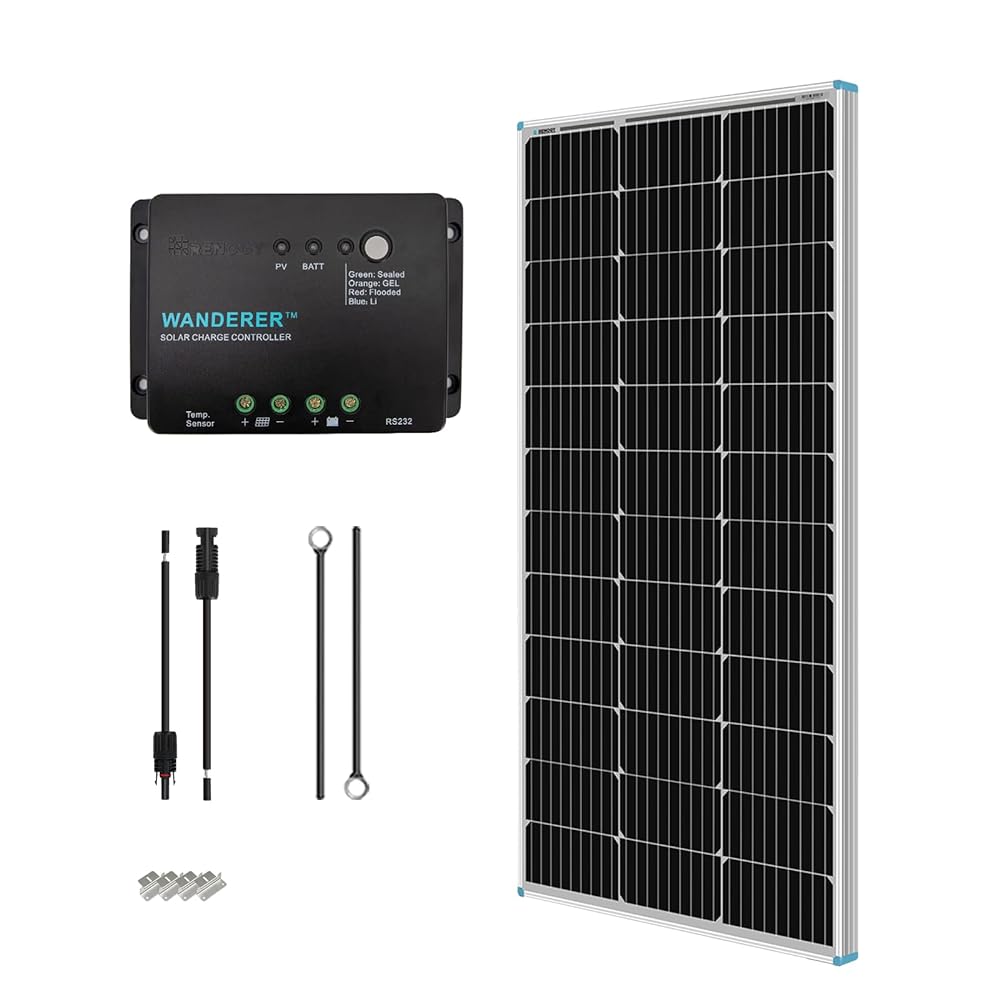



![[Upgraded] 30A Solar Charge Controller, 12V/ 24V Solar Panel Regulator with Adjustable LCD Display Dual USB Port Timer Setting PWM Auto Parameter](https://m.media-amazon.com/images/I/61X-SqtN05L._AC_SL520_.jpg)

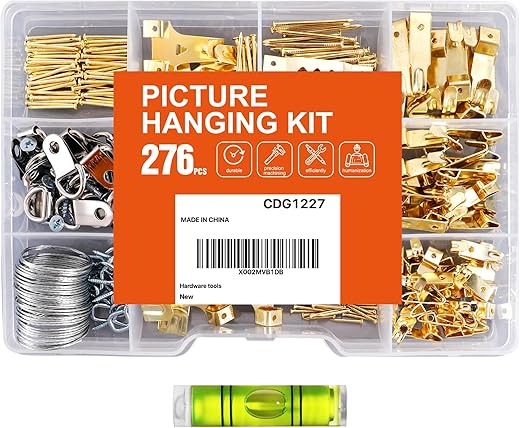
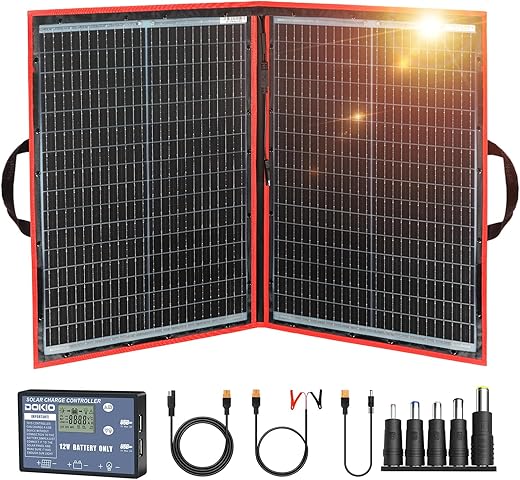
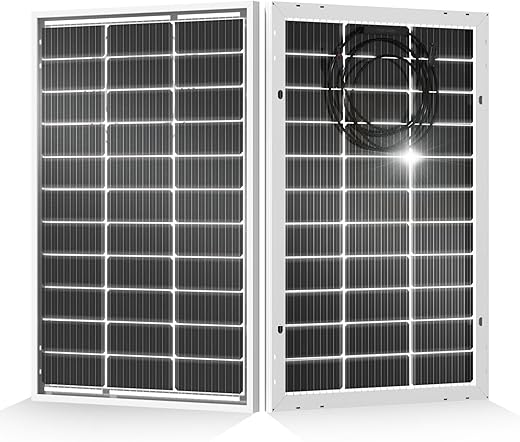
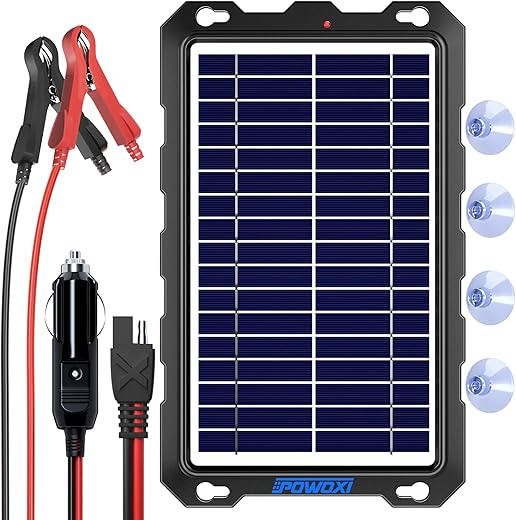
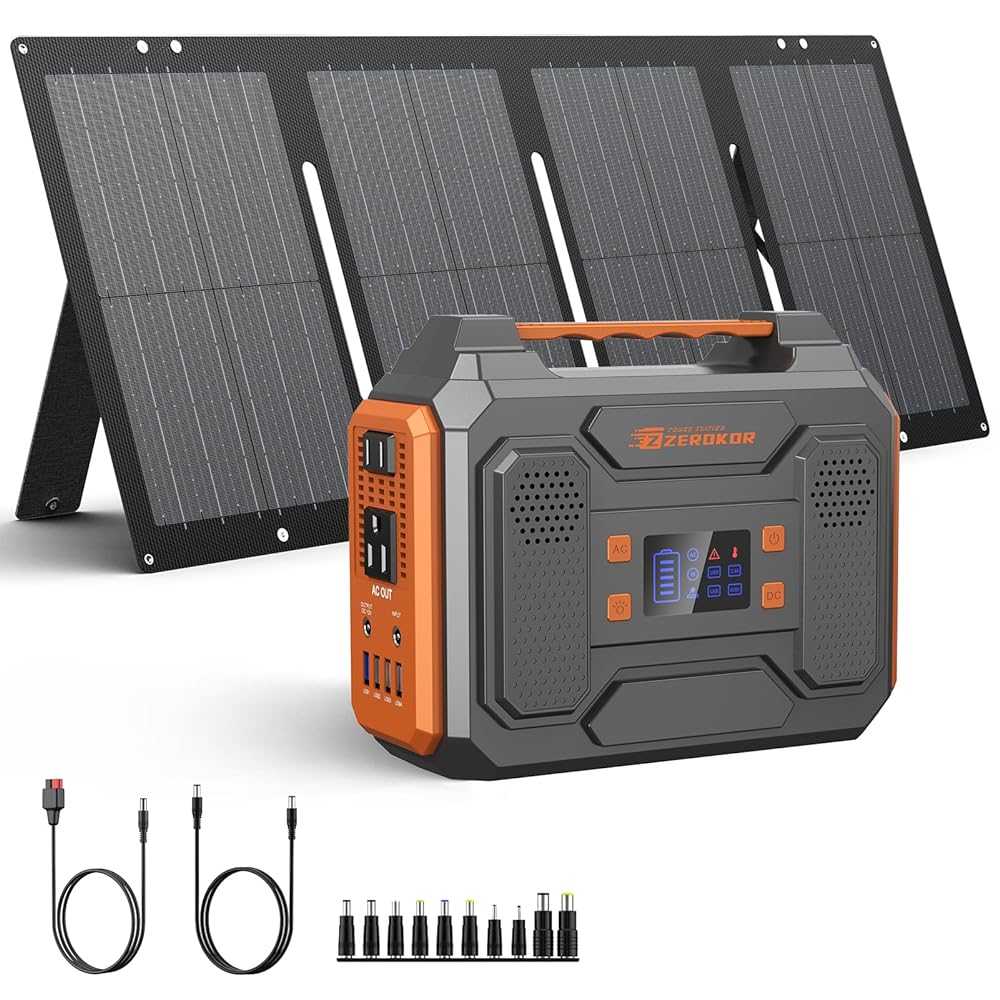
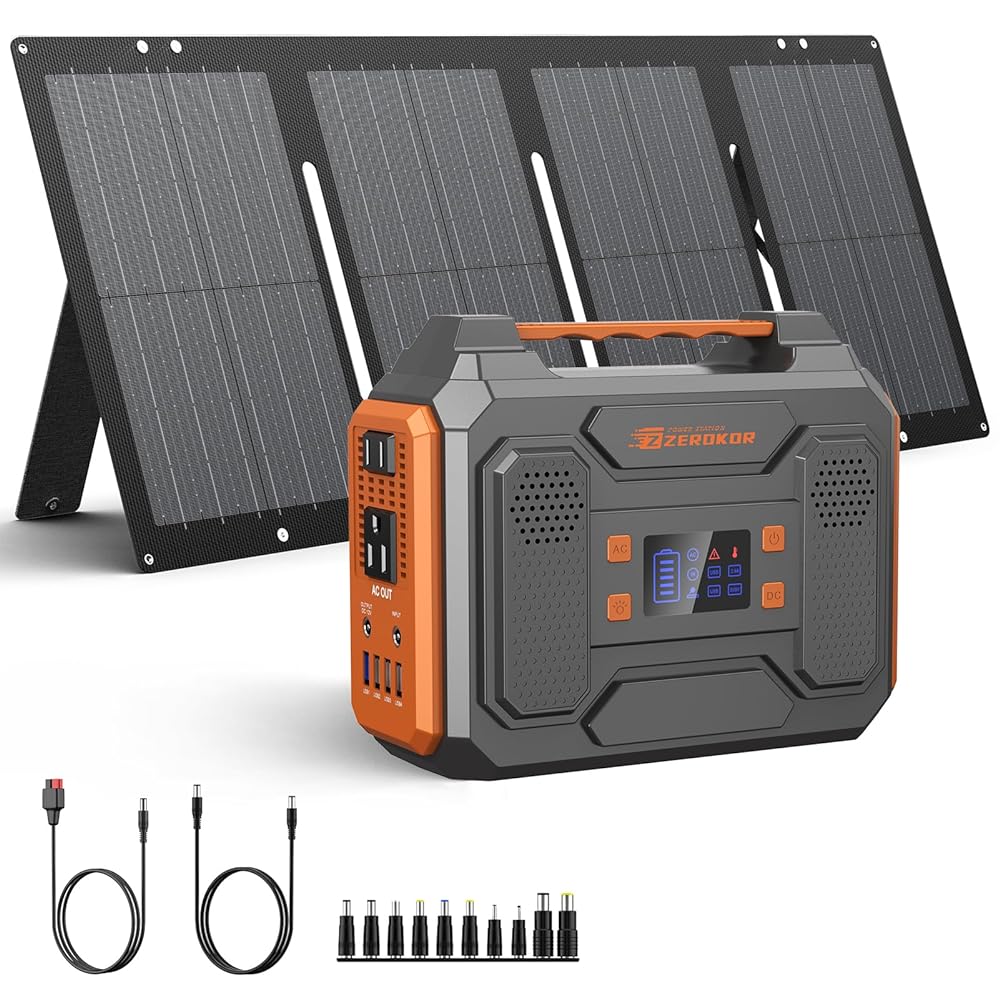
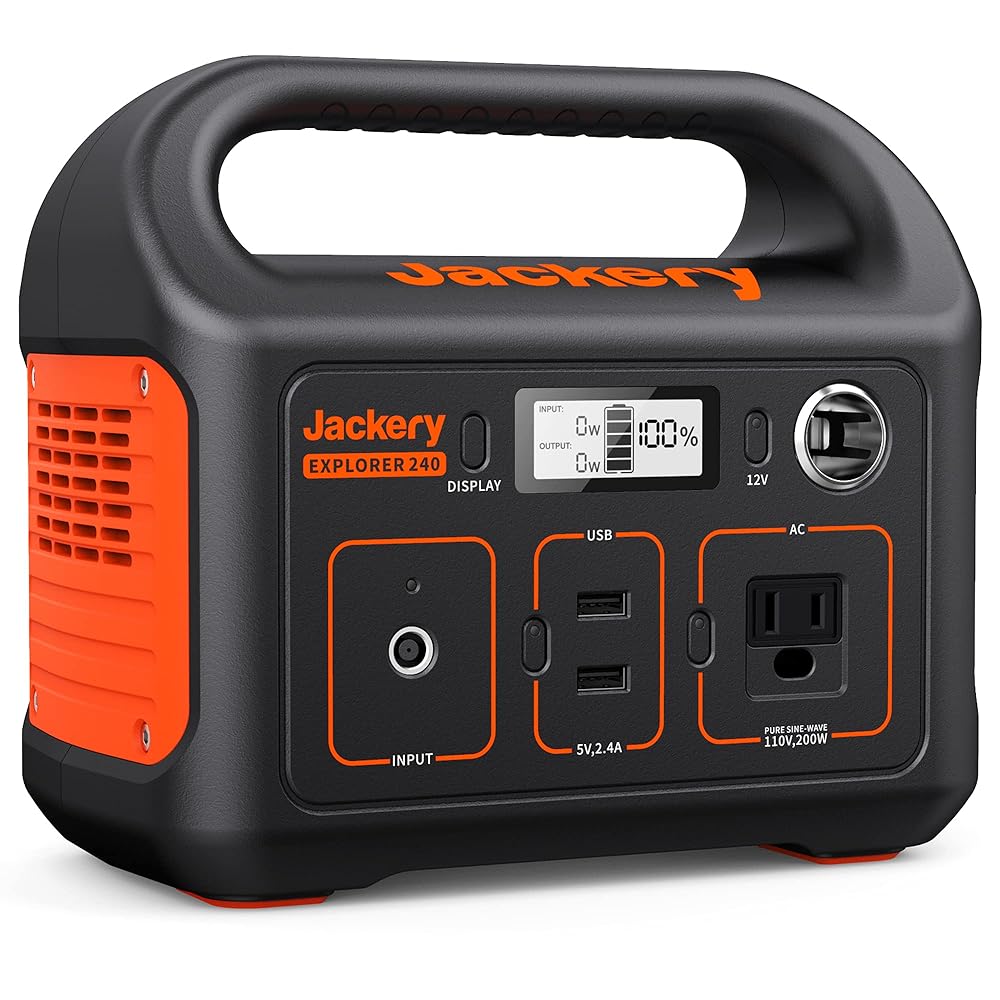
I never knew that solar energy could be used to power an RV. This article was really informative.
Are there any specific brands or models of solar panels that are recommended for RVs?
Are there any government incentives or tax credits available for installing solar panels on RVs?
I’m worried about the durability of solar panels on the road. Can they withstand harsh weather conditions?
Is it possible to power all the appliances in an RV solely through solar energy?
Could you explain how the solar panels are connected to the battery system in an RV?
What would be the average cost of installing solar panels on an RV? Can you provide some estimates?
Great article! I’ve been considering installing solar panels on my RV and this answered a lot of my questions. Thanks!
I would love to see some real-life examples of RVs that are successfully using solar energy.